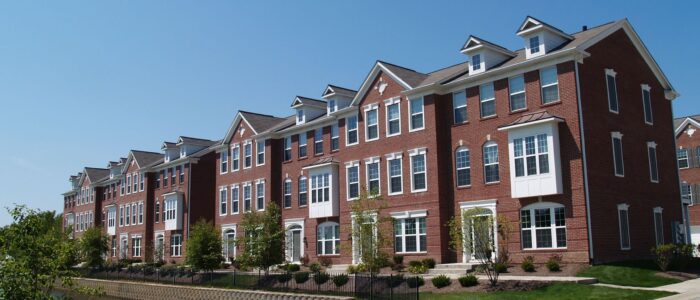Managing pests in multi-family communities is about more than just keeping buildings clean; it’s essential for tenant satisfaction and your property’s reputation. Tenants encountering pests like rodents, cockroaches, or bed bugs often feel uncomfortable and unsafe in their homes. These negative experiences can lead to increased complaints, lease non-renewals, and damaging online reviews that deter future renters and harm your property’s marketability.
The Link Between Pest Control and Tenant Retention
In multi-family housing, tenants expect their units and common areas to be free from pests. Repeated pest sightings or slow responses to pest complaints erode trust and drive residents to seek alternative housing options. High turnover rates lead to costly vacancies, increased marketing expenses, and the need for repairs caused by unchecked infestations.
A comprehensive pest management program tailored specifically for multi-family properties helps create a healthier and more comfortable environment. This encourages tenants to renew leases and recommend your property to others, boosting overall occupancy and revenue.
Why Online Reviews Matter for Multi-Family Properties
Prospective renters today heavily rely on online reviews to choose where to live. Negative feedback mentioning pest issues can quickly damage your property’s reputation on platforms like Google, Yelp, and apartment review sites. Poor reviews reduce leads and can have lasting effects on your brand.
Conversely, properties with strong records of effective pest control and tenant communication attract more inquiries and enjoy higher occupancy rates. Positive reviews also enhance your community’s image and help differentiate your property in a competitive market.
Common Pest Challenges in Multi-Family Housing
Multi-family properties face a unique set of pest challenges due to shared walls, common areas, and high tenant density. Common pests include:
- Rodents: Mice and rats can spread disease and cause structural damage. They often enter through plumbing, utility lines, and damaged building exteriors.
- Cockroaches: These pests thrive in kitchens, laundry rooms, and trash areas, posing health risks and causing distress to tenants.
- Ants: Food sources and moisture attract ants, which can quickly infest units and shared spaces.
- Bed bugs: Their ability to spread between units makes them particularly challenging in multi-family settings.
- Drain flies and other insects: Moisture and organic buildup in drains and pipes create breeding grounds.
Effective Pest Management Strategies for Multi-Family Communities
Property managers can reduce pest problems by:
- Scheduling regular inspections and targeted treatments designed for multi-family properties. Early detection helps prevent widespread infestations.
- Maintaining common areas and resident amenities such as trash disposal sites, laundry rooms, and recreational facilities, which are frequent pest hotspots.
- Implementing exclusion techniques by sealing cracks, gaps, and utility penetrations to prevent pest entry.
Educating residents on preventive behaviors, including proper food storage, waste disposal, and promptly reporting pest sightings. - Partnering with a multi-family pest control expert who offers customized service plans tailored to your property’s layout and pest challenges.
Why Choose Gregory Pest Solutions?
Gregory Pest Solutions understands the complexities of pest management in multi-family housing across North and South Carolina. Our integrated approach combines routine inspections, exclusion services, monitoring, and treatments designed to minimize tenant disruption and maintain a pest-free environment.
We work closely with property managers to provide effective, minimally invasive solutions that support tenant satisfaction and protect your investment. From preventing rodent incursions to managing bed bug outbreaks, our tailored programs help you stay ahead of pest issues year-round.

